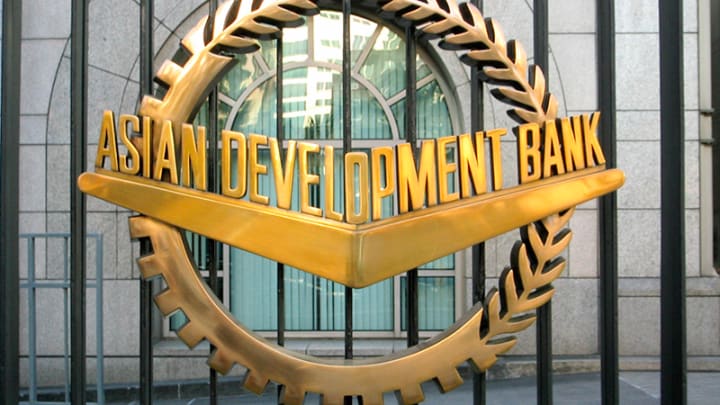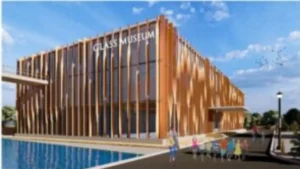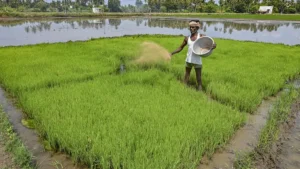The Asian Development Bank (ADB) has given the green light for a $181 million loan to enhance the quality of life in the peri-urban areas around Ahmedabad, a city in the state of Gujarat, India. The aim is to improve urban living conditions and mobility in these rapidly growing areas.
Controlling Urban Expansion
- One of the main goals of this project is to control urban sprawl.
- This is a planning approach that could be used in other states as well. It helps manage the growth of cities and their surrounding regions.
Infrastructure Upgrade
The Ahmedabad Peri-urban Livability Improvement Project will involve several critical infrastructure improvements:
- Water Distribution: 166 kilometers of water distribution network will be constructed.
- Stormwater Drainage: 126 kilometers of climate-resilient stormwater drainage systems will be built.
- Sewerage: 300 kilometers of sewerage systems will be developed.
-
Sewage Treatment: Four sewage treatment plants will be established.
Better Connectivity
- The project will also improve the connectivity of peri-urban areas to Ahmedabad city.
- This includes enhancing 10 junctions along the existing Sardar Patel Ring Road.
Benefits for the Population
Peri-urban areas often experience high population growth due to industrial development and the migration of workers. These workers and residents often lack access to basic urban services. This project will benefit:
- Urban Poor: It will improve services and urban governance for those with lower incomes.
- Women: It aims to provide equal opportunities for women.
-
Migrant Workers: Workers coming from other places will also benefit from these improved services.
Building Capacity and Awareness
The ADB is not just providing funds but also expertise. It will help strengthen the capacity of local urban development authorities. This will involve:
- Technology-Based Planning: Using technology for better urban planning, including for dealing with climate change and disasters.
- Environmental and Social Safeguards: Ensuring that development is environmentally friendly and socially inclusive.
-
Gender Equality: Promoting equal opportunities for all genders.
Financial Planning and Training
- Government agencies will receive support in financial planning and managing infrastructure assets.
- Communities will be educated about water conservation, health, and hygiene.
- Women’s self-help groups will be trained to manage water supply operations.
- Additionally, treated sewage will be recycled for industrial use through a public-private partnership.




 Which Country is known as the Tear Drop ...
Which Country is known as the Tear Drop ...
 In Which District of Uttar Pradesh the F...
In Which District of Uttar Pradesh the F...
 India’s Agri Exports to US Set to Rise a...
India’s Agri Exports to US Set to Rise a...








